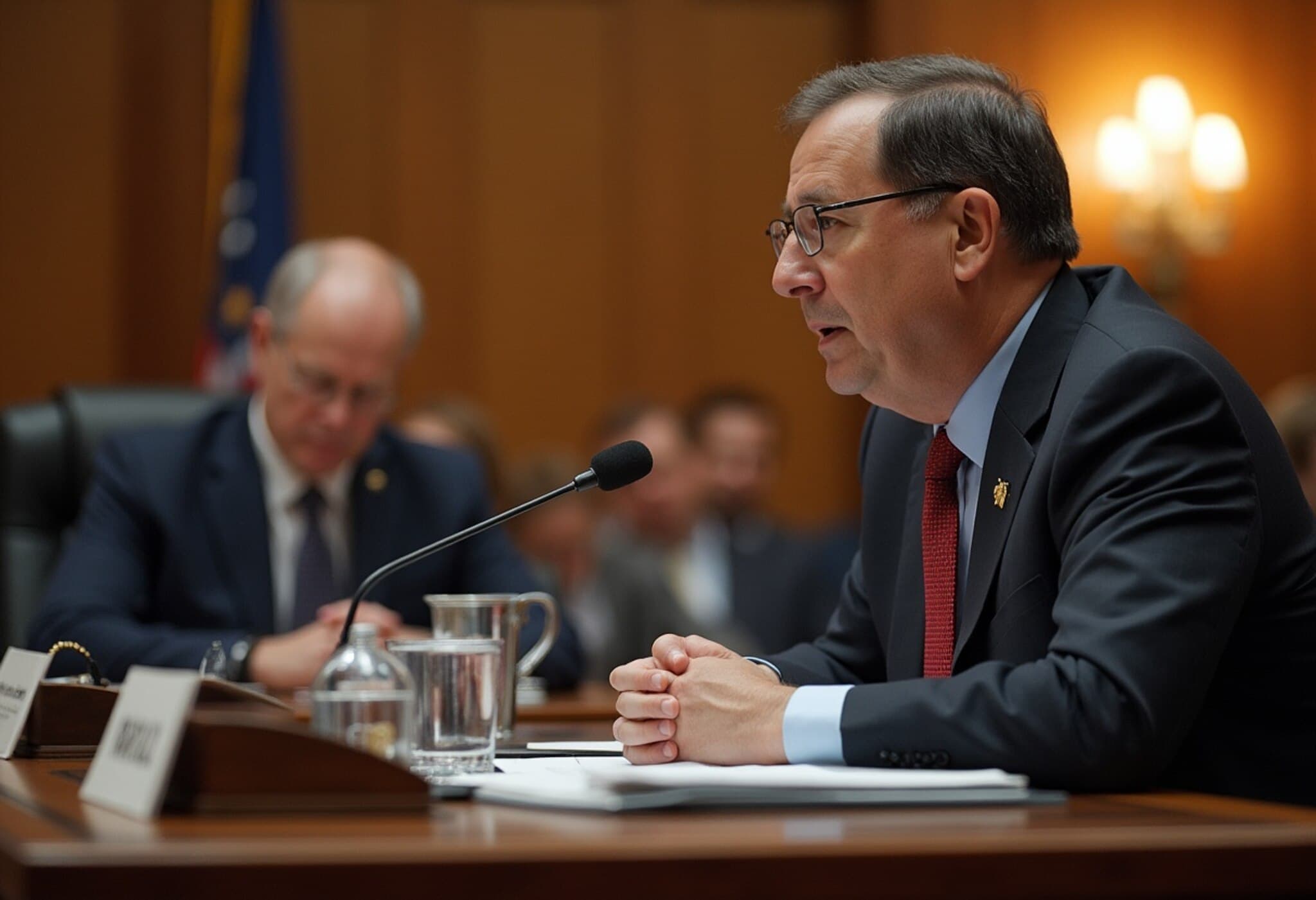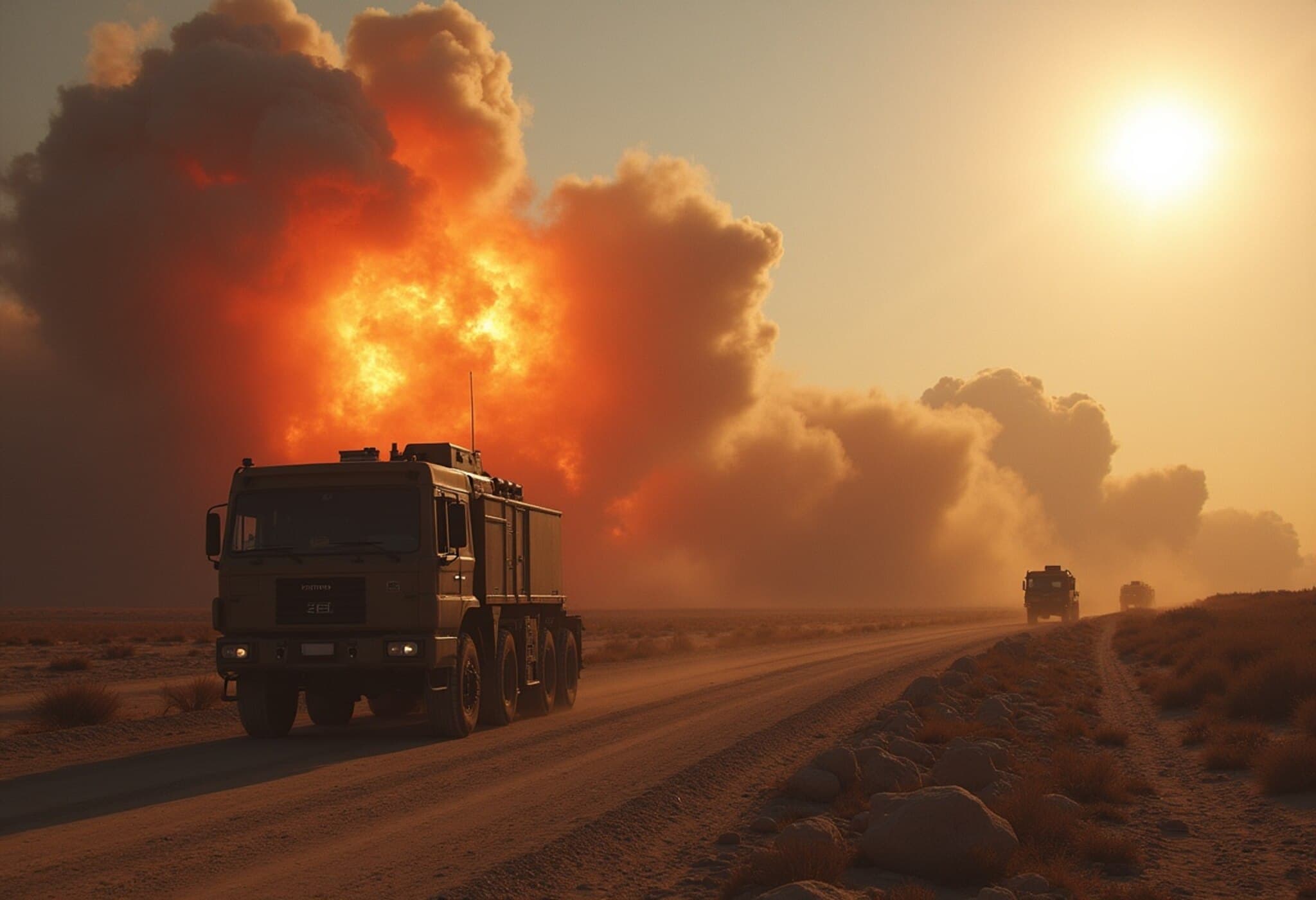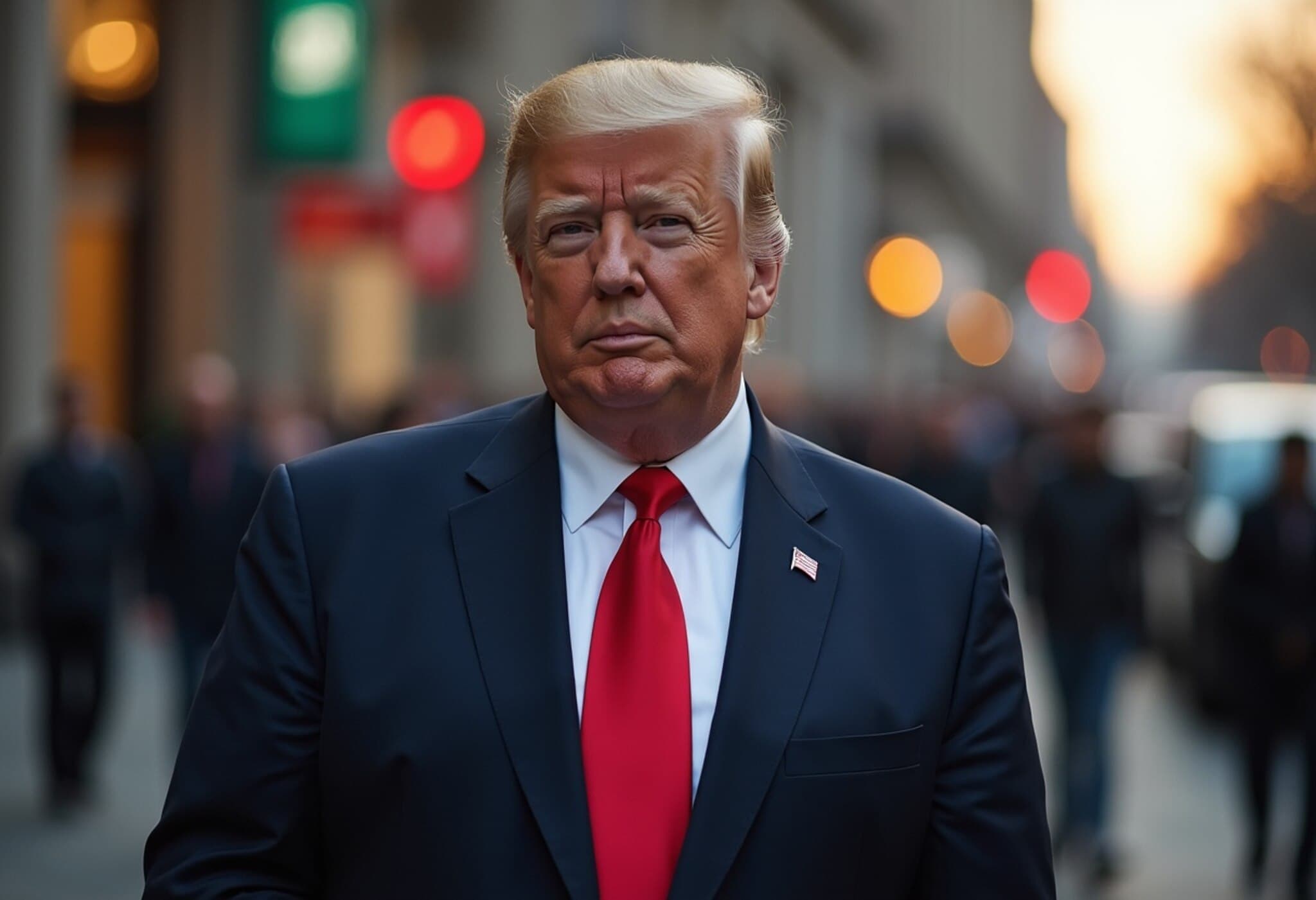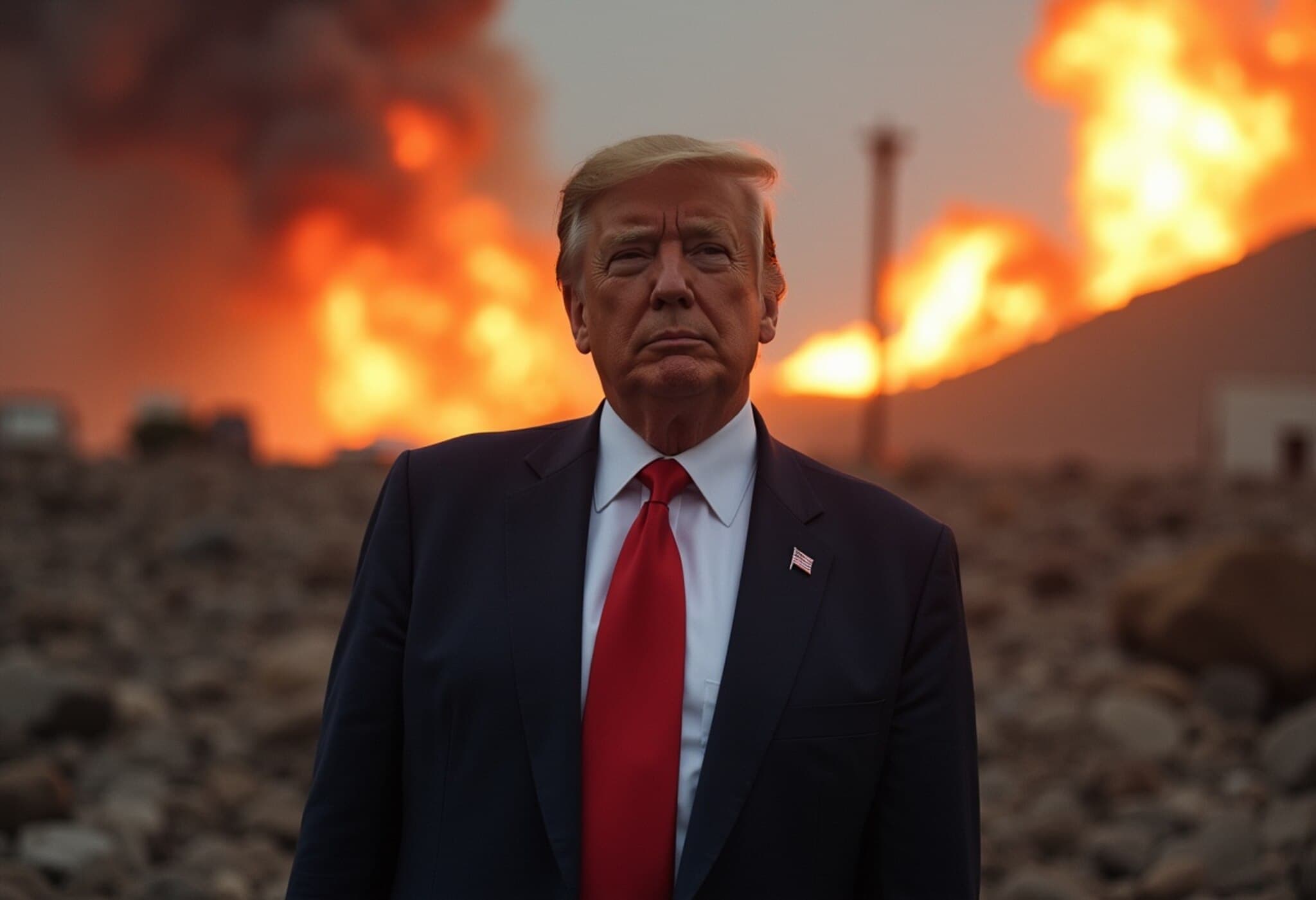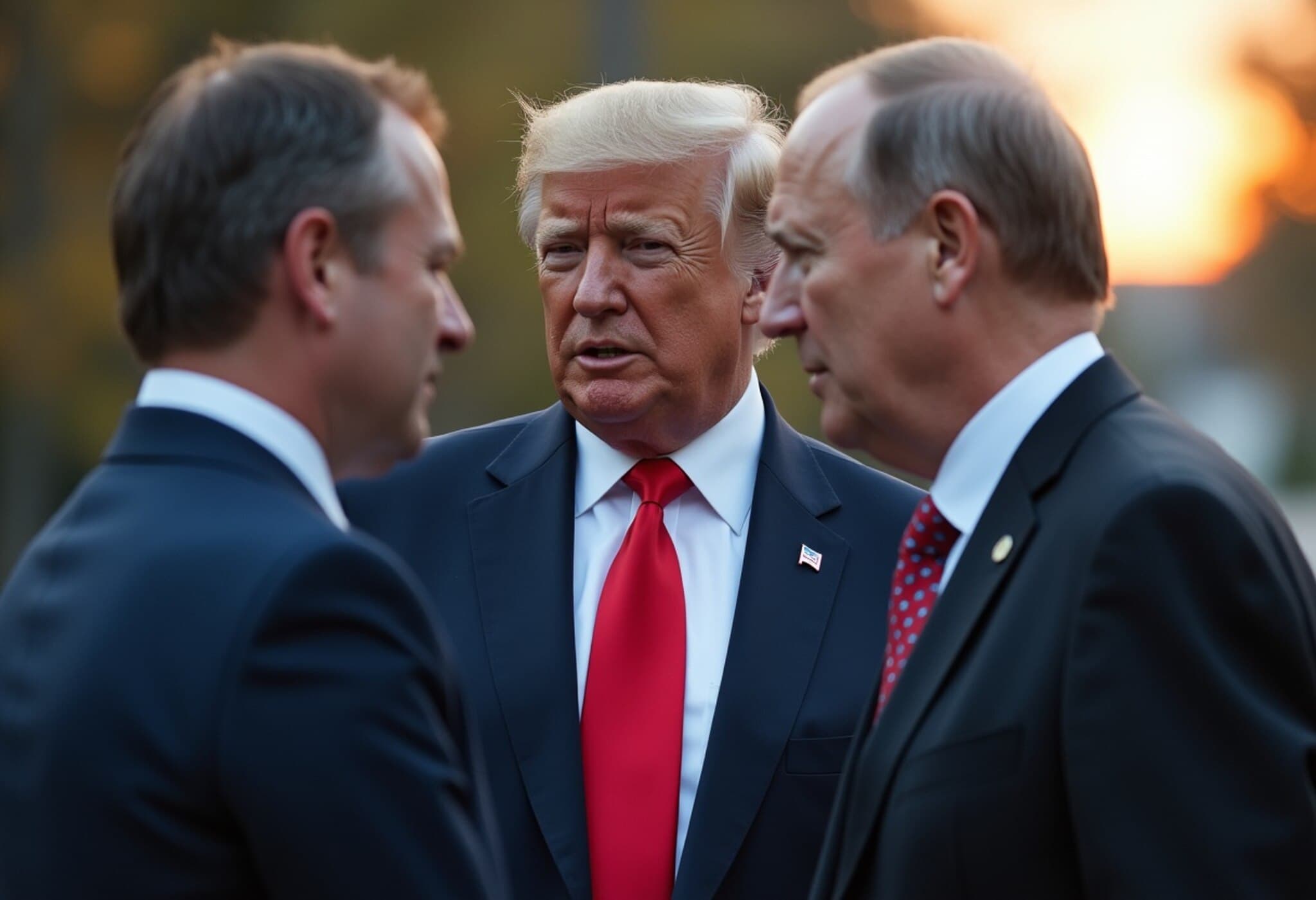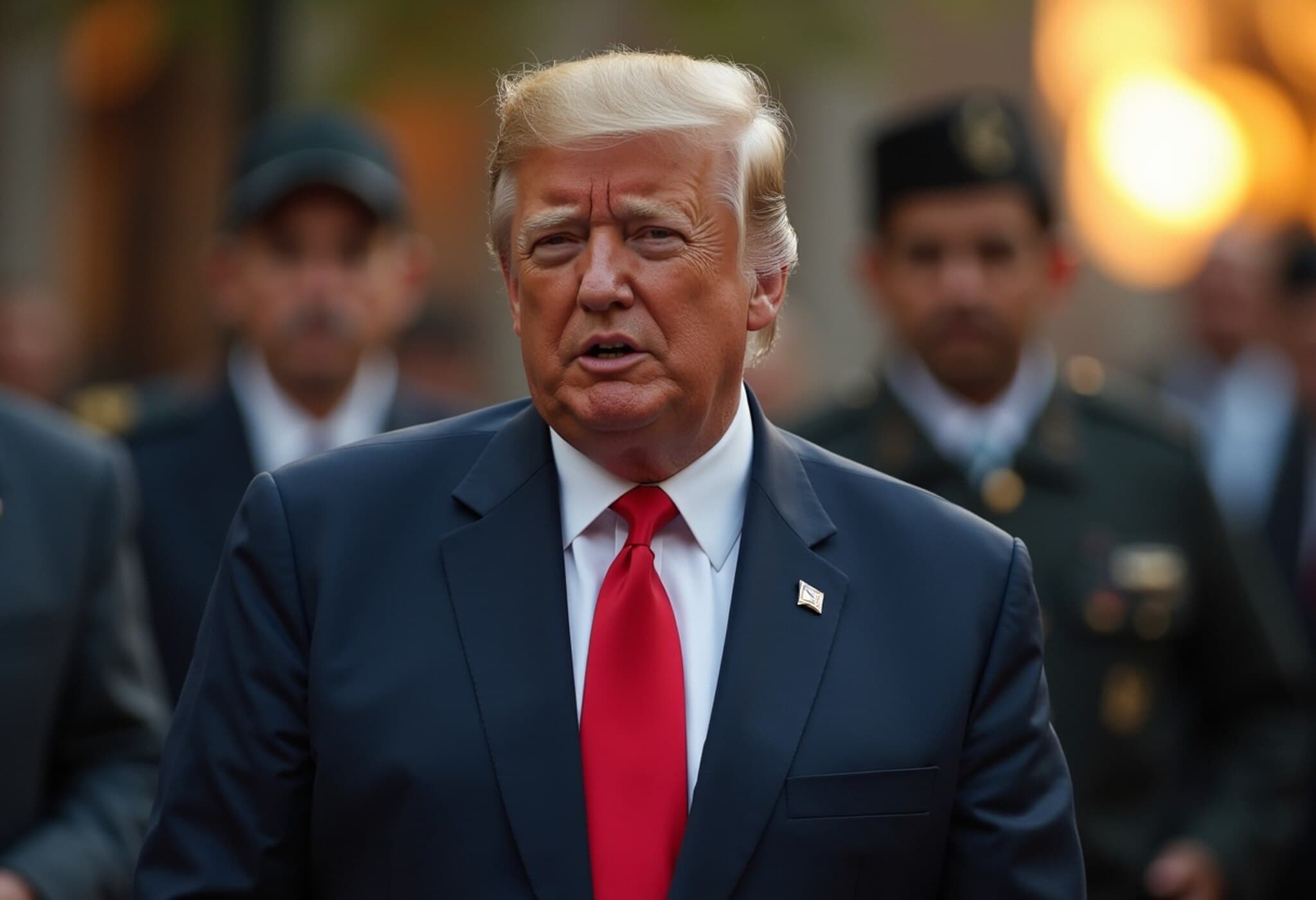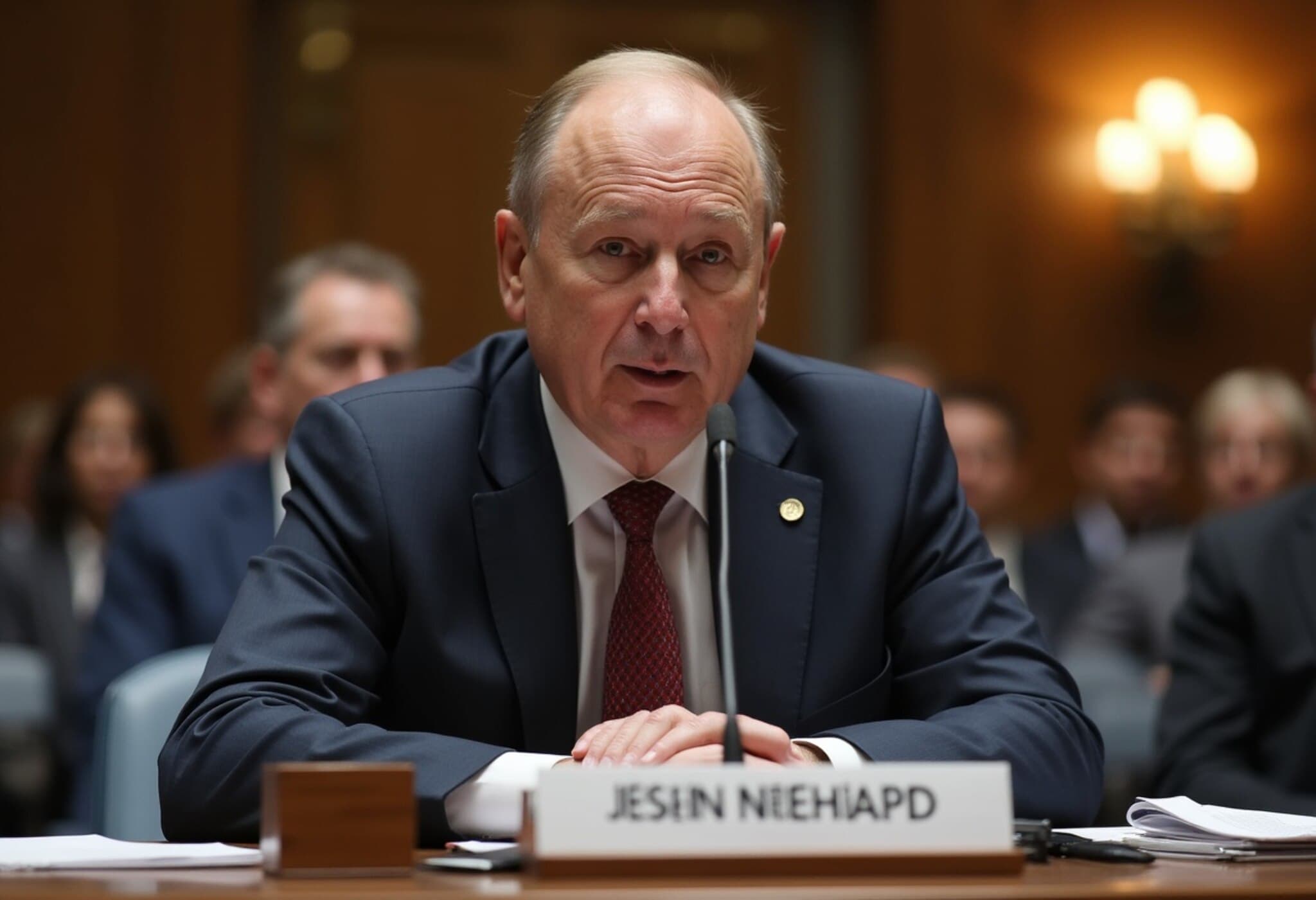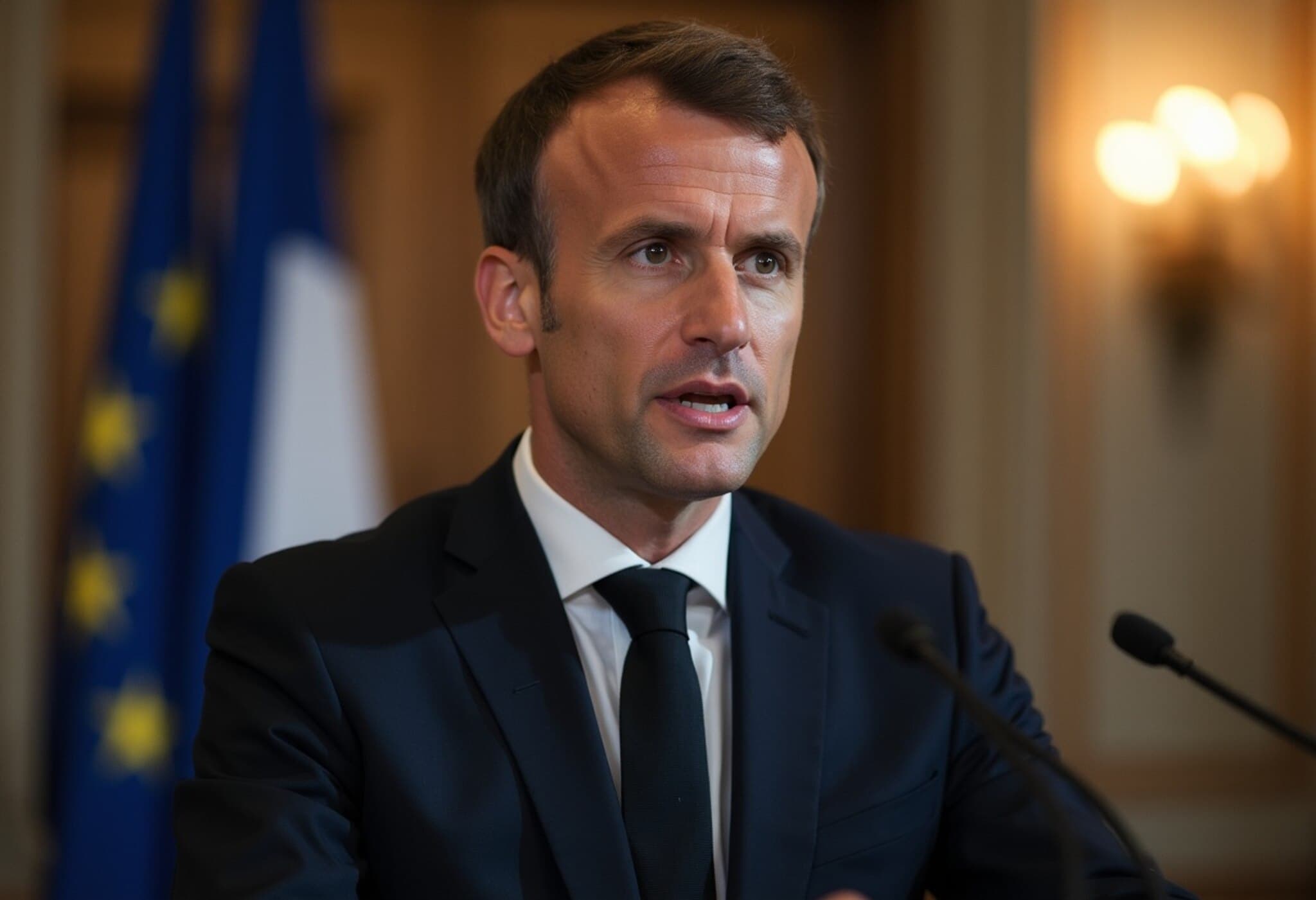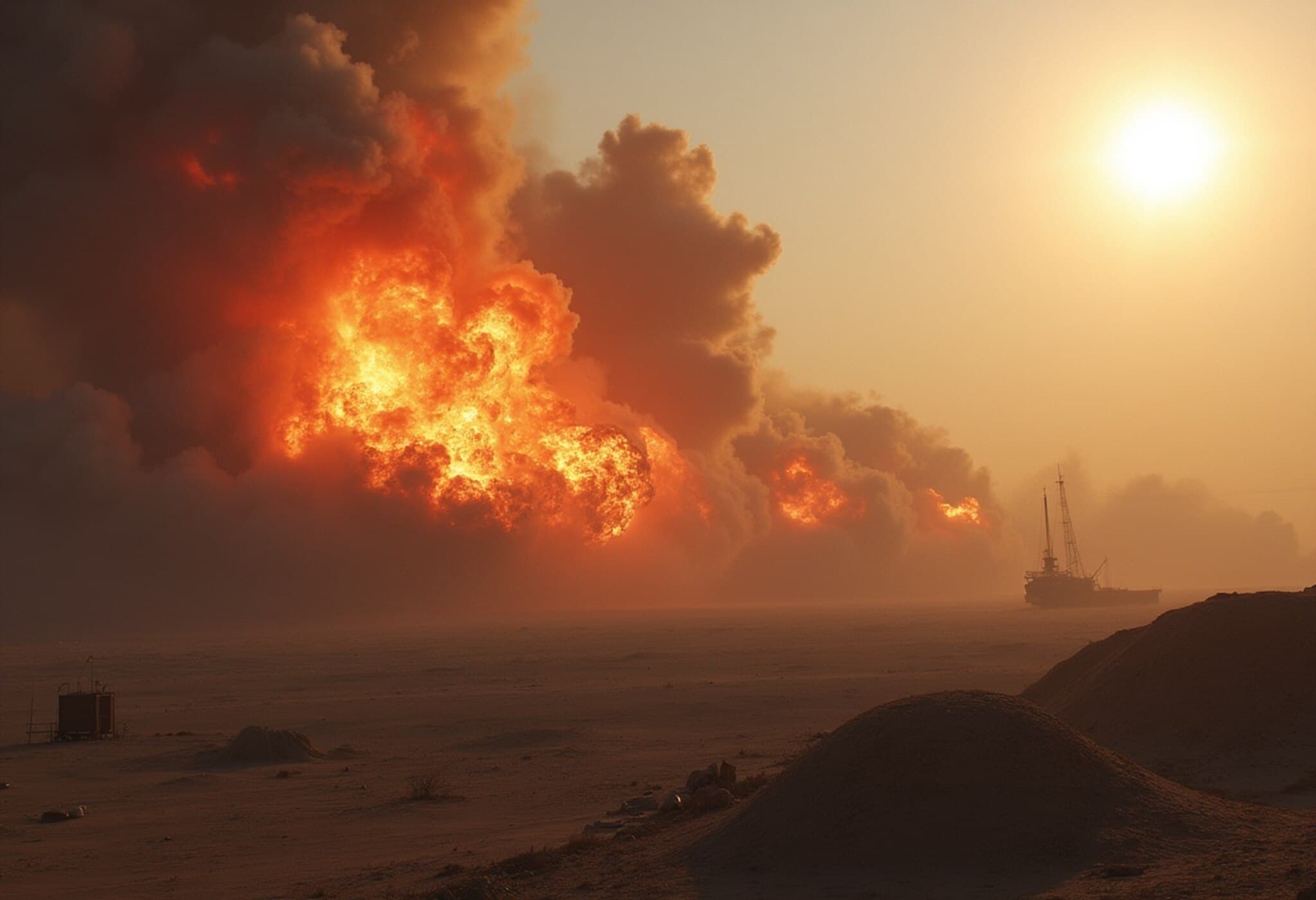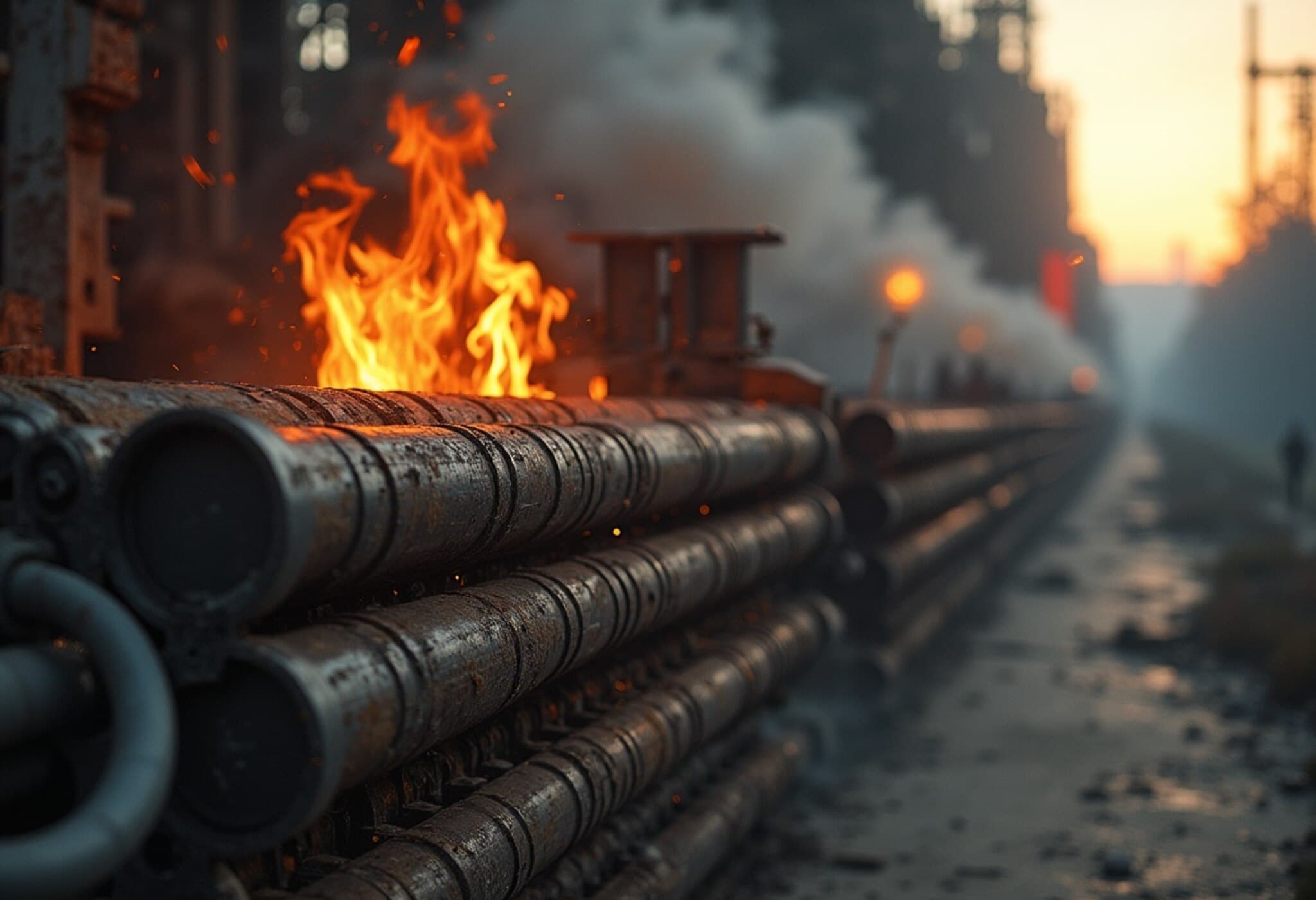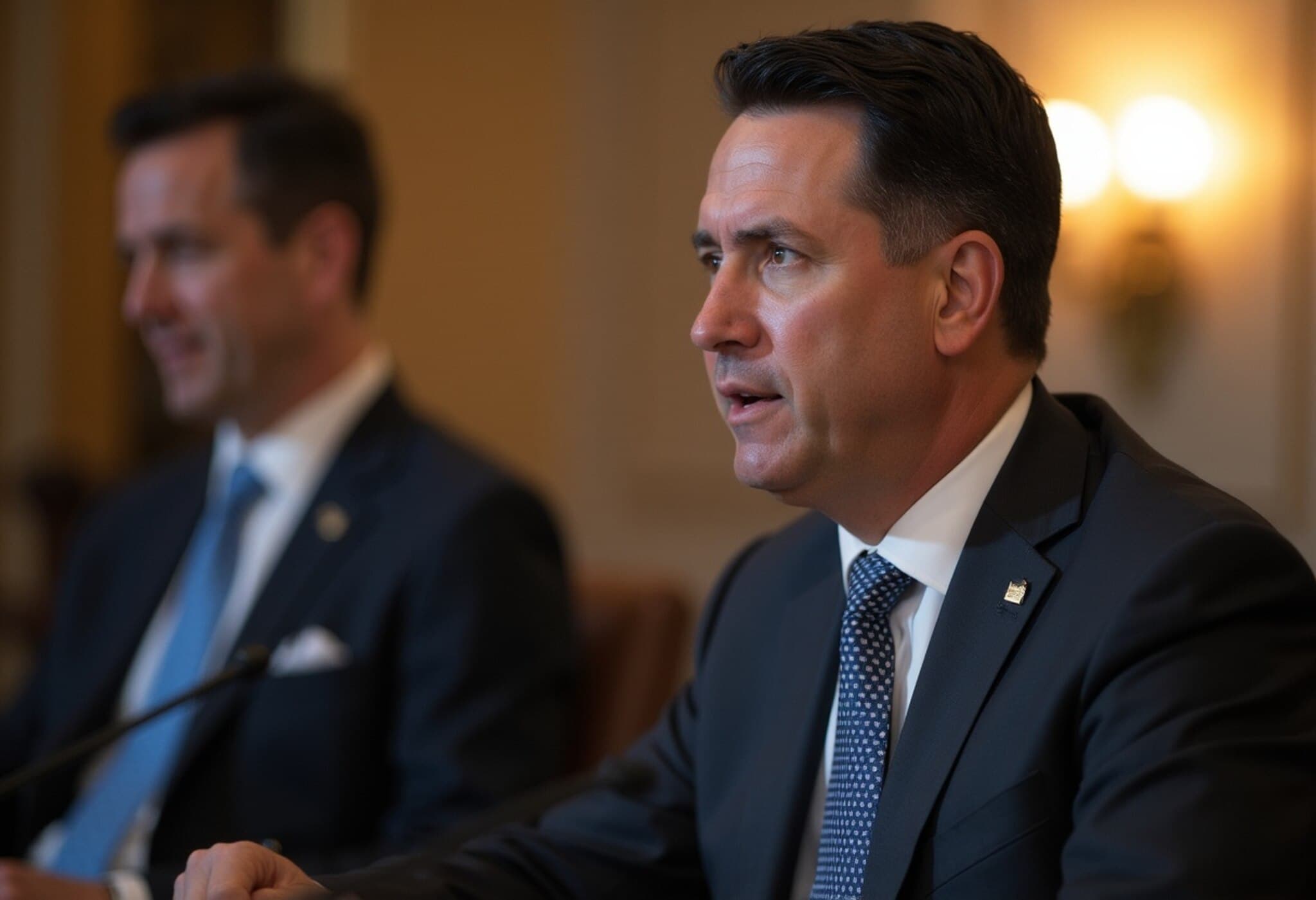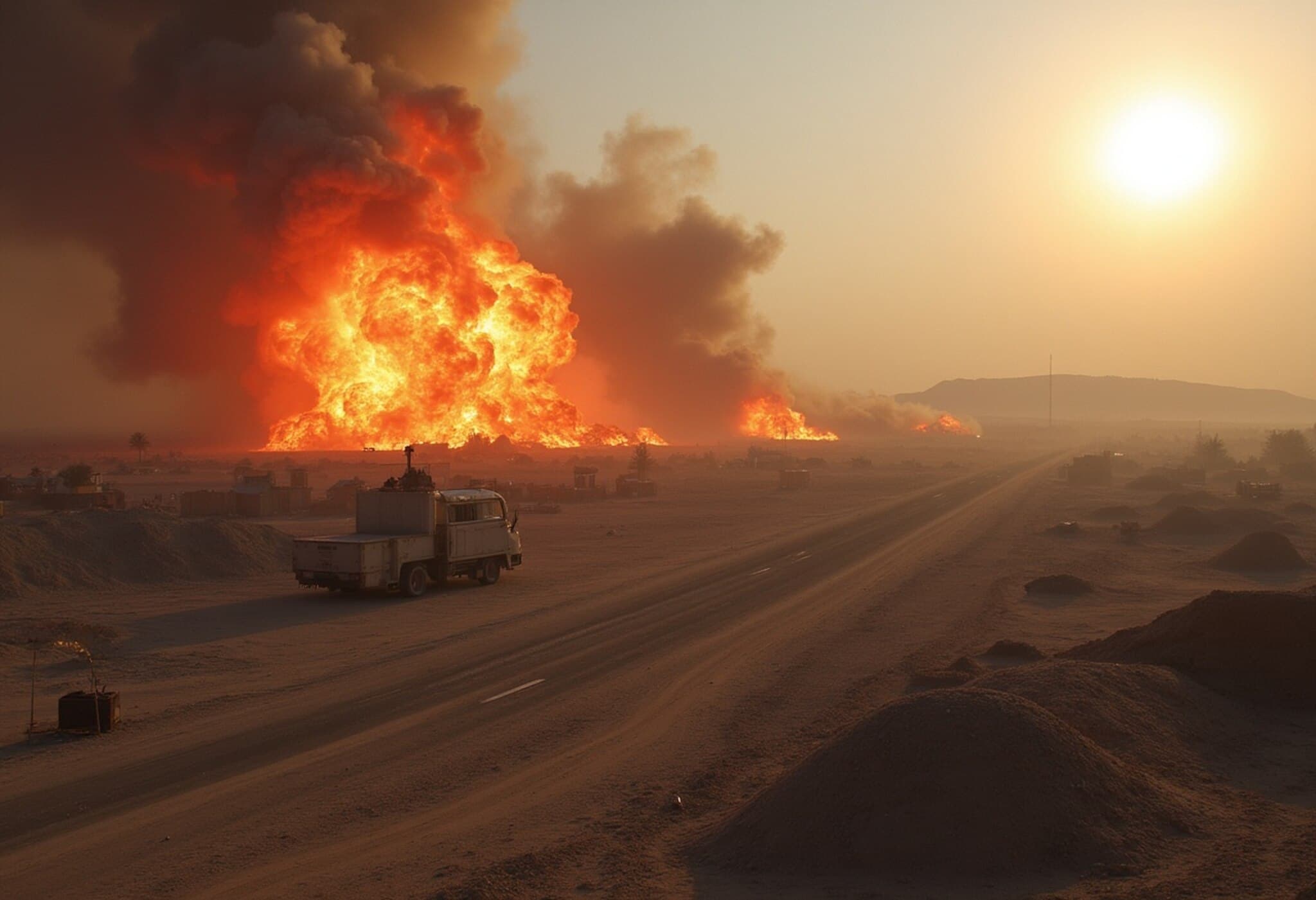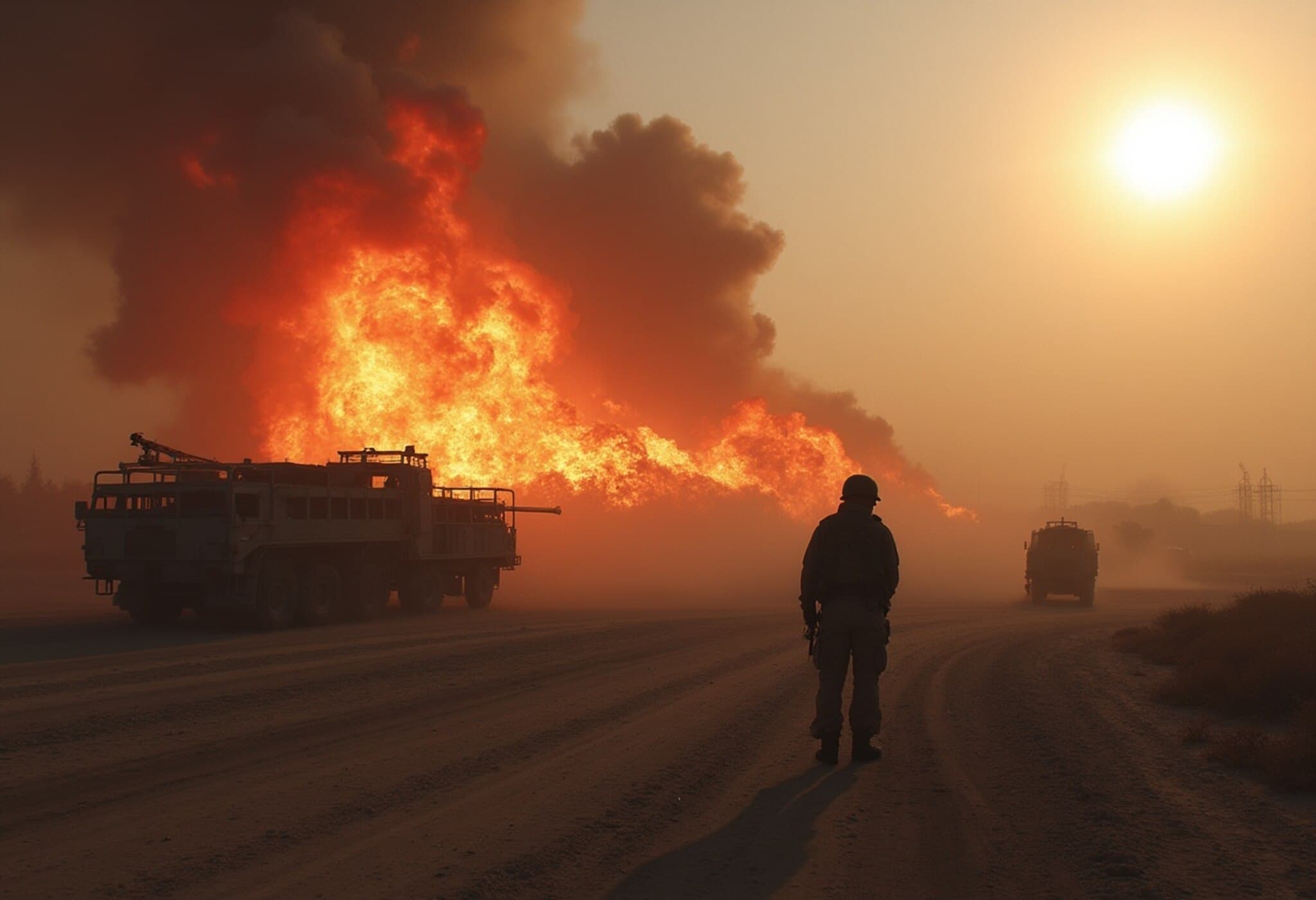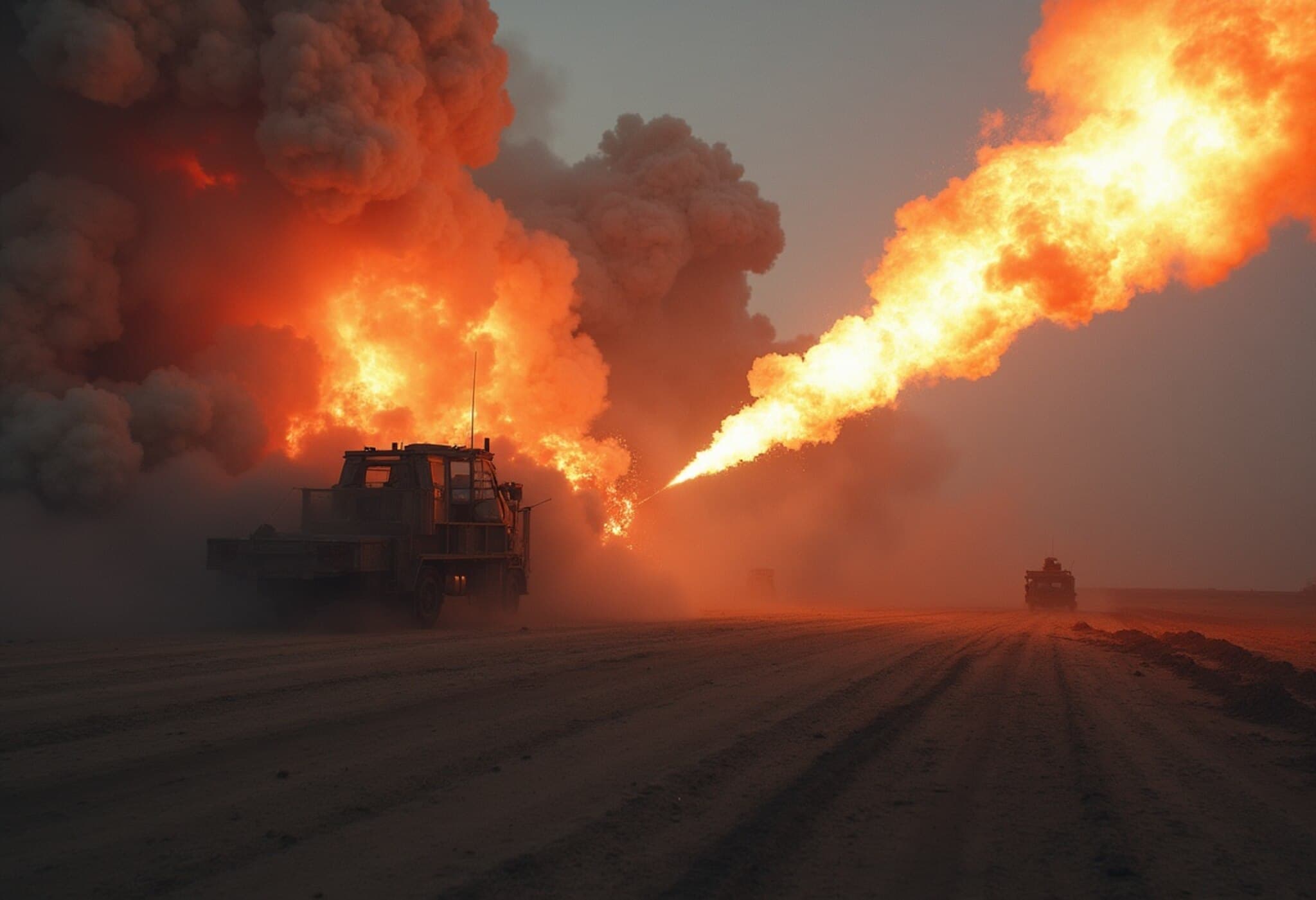UN Security Council Convenes Amid Escalating Iran Nuclear Dispute
The United Nations Security Council gathered on Sunday to address escalating concerns surrounding recent military strikes on Iran's nuclear facilities. The meeting unfolded as Russia, China, and Pakistan jointly proposed a resolution demanding an immediate and unconditional ceasefire in the Middle East.
Growing Global Alarm Over Military Actions
Antonio Guterres, the U.N. Secretary-General, underscored the gravity of the situation, stating, "The bombing of Iranian nuclear facilities by the United States marks a perilous turn. We must act – immediately and decisively – to halt the fighting and return to serious, sustained negotiations on the Iran nuclear program." This call to action came as the world awaited Iran's response to the latest strikes.
The recent attacks, claimed by U.S. officials, targeted Tehran's key nuclear sites and represent the most significant Western military intervention since the Islamic Republic's 1979 revolution. While Israel has taken responsibility for some operations, the United States has openly supported these efforts.
Opposing Views: Diplomacy versus Military Intervention
China’s U.N. Ambassador Fu Cong emphasized the need for dialogue over force, saying, "Peace in the Middle East cannot be achieved by the use of force. Diplomatic means to address the Iranian nuclear issue haven't been exhausted." Similarly, Russia condemned the strikes, framing military force as counterproductive and urging negotiations.
Conversely, the acting U.S. Ambassador to the U.N., Dorothy Shea, defended her country’s actions. She argued that the time for restraint had passed, urging the council to hold Iran accountable for its nuclear ambitions and alleged threats against Israel. "The Iranian regime cannot have a nuclear weapon," Shea declared, highlighting past attempts at diplomacy that she says were obstructed by Tehran.
Russian Criticism Hits Hard
Vassily Nebenzia, Russia’s U.N. Ambassador, drew a sharp parallel with the lead-up to the 2003 Iraq War, referencing former U.S. Secretary of State Colin Powell’s claims about weapons of mass destruction. He charged the United States with recycling discredited narratives to justify suffering in the region. “This cements our conviction that history has taught our U.S. colleagues nothing,” Nebenzia said.
Resolution and Diplomatic Maneuvers Ahead
Iran, which had requested the Security Council meeting, condemned the strikes as a blatant violation of international law. Meanwhile, Russia, China, and Pakistan have asked for council members' feedback on the ceasefire resolution by Monday evening. Achieving passage requires at least nine votes and no vetoes from the permanent members.
The United States is expected to oppose the draft resolution, which condemns the attacks on Iran’s nuclear sites without explicitly naming the U.S. or Israel. Israel’s U.N. Ambassador Danny Danon expressed gratitude towards the U.S. and Israel, stating they “do not deserve any condemnation, but rather an expression of appreciation and gratitude for making the world a safer place.” He also cautioned that it was premature to fully assess the impact of the strikes.
Current Status of Iran’s Nuclear Facilities
Rafael Grossi, Director General of the International Atomic Energy Agency (IAEA), provided an update on the situation. Visible damage was observed at the Fordow uranium enrichment site—housed inside a mountain—with potential impacts on tunnel entrances at the Isfahan nuclear complex. Natanz, another enrichment facility, sustained further strikes.
However, Grossi noted that Iran has reported no increase in radiation levels at the affected sites. The IAEA remains unable to conduct a full assessment of the underground damage due to restricted access.
Key Takeaways:
- The U.N. Security Council is actively trying to broker a ceasefire amid fears of broader conflict.
- Russia, China, and Pakistan advocate diplomatic solutions, while the U.S. calls for firm action against Iran’s nuclear ambitions.
- The situation remains fluid as damage assessments are ongoing and political negotiations continue.

